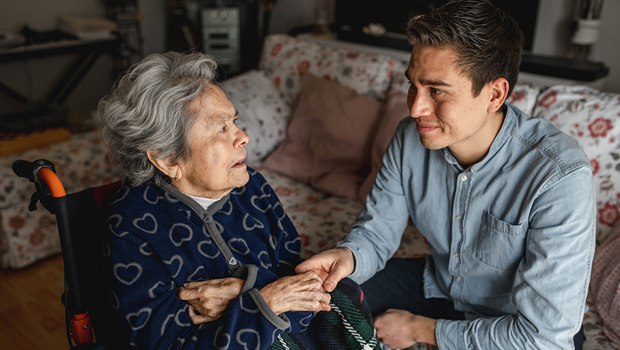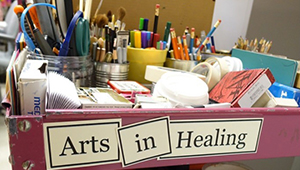Reframing how we speak about dying

Based on her legacy research, Marlaine Figueroa Gray reflects on how we talk about serious illness and death in The Good Death Society Blog
Marlaine Figueroa Gray, PhD, a Kaiser Permanente Washington Health Research Institute assistant investigator, studies legacy — how we want to be remembered after death. Her current research explores how people with a serious illness think about their legacy and how it affects their medical decisions. She previously studied interactive art programs in hospitals, which sometimes result in patients creating legacy objects, writings, or recordings.
Gray's training is in medical anthropology, so her research methods include interviewing and observing people to learn about their experiences with illness and care. From this work, she has a deep understanding of how people approach, think about, and describe their health and sickness, care and treatment, and beliefs and attitudes about death.
In The Good Death Society Blog, Gray calls for a change in the way we discuss serious illness and death. Our current language reflects an unnatural mindset that death is a failure and we must do everything to fight against it, she writes.
Gray advocates for healthy conversations about death and dying that preserve patients' status as individuals in society who are more than their diagnosis and disease. She has learned from the people she works with that thinking about how to discuss the way they'll be remembered and remain a part of their loved ones' lives can be very meaningful as they approach the end of life. She cites practical advice for talking about legacy and death and lists resources to learn more and to guide productive conversations about death.
By Chris Tachibana
Healthy findings blog

Creating meaning in health care
Research by Marlaine Figueroa Gray, PhD, includes exploring the intersection of medicine and creativity.


